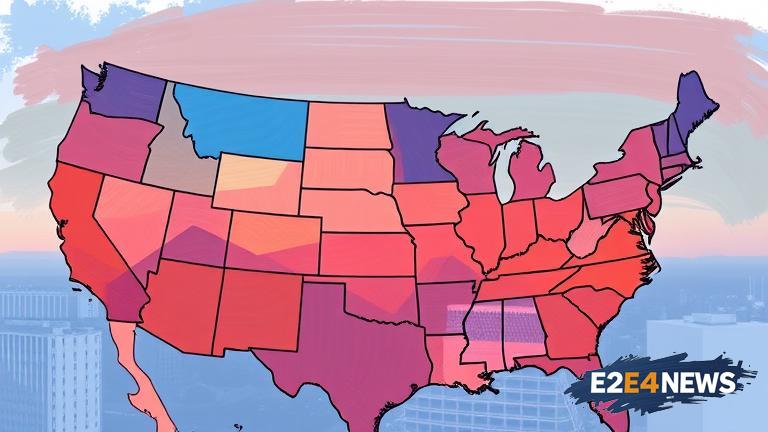The US regulatory compliance landscape is constantly evolving, with new laws, regulations, and guidelines being introduced regularly. In recent months, there have been significant updates to anti-money laundering laws, with a focus on improving transparency and preventing illicit financial activities. The Financial Crimes Enforcement Network (FinCEN) has issued new rules requiring certain businesses to report beneficial ownership information, aiming to prevent the use of shell companies for illicit purposes. Additionally, the US Treasury Department has announced plans to strengthen cybersecurity guidelines for financial institutions, emphasizing the importance of robust risk management practices. The Securities and Exchange Commission (SEC) has also been active, issuing new guidance on cybersecurity disclosure requirements for publicly traded companies. Furthermore, the US Department of Justice has launched a new task force focused on combating corporate corruption, highlighting the need for effective compliance programs. The task force will work to identify and prosecute instances of bribery, fraud, and other forms of corporate misconduct. In other news, the US Congress has introduced legislation aimed at improving whistleblower protections, recognizing the critical role that whistleblowers play in exposing corporate wrongdoing. The legislation would provide enhanced safeguards for whistleblowers, including anonymity and protection from retaliation. Meanwhile, the US Federal Trade Commission (FTC) has announced a new initiative focused on promoting data privacy and security, emphasizing the importance of protecting consumer data. The FTC has also issued new guidance on compliance with the Children’s Online Privacy Protection Act (COPPA), highlighting the need for businesses to prioritize children’s data protection. The US Department of Health and Human Services has also been active, issuing new rules related to the Health Insurance Portability and Accountability Act (HIPAA), emphasizing the importance of protecting sensitive patient data. The rules aim to improve transparency and accountability in the handling of patient data, while also promoting the use of health information technology. In the area of tax compliance, the US Internal Revenue Service (IRS) has announced new initiatives aimed at improving tax enforcement, including the use of advanced data analytics to detect and prevent tax evasion. The IRS has also issued new guidance on compliance with the Foreign Account Tax Compliance Act (FATCA), highlighting the need for financial institutions to prioritize tax compliance. The US Treasury Department has also announced plans to strengthen sanctions enforcement, emphasizing the importance of compliance with US sanctions laws. The department has issued new guidance on compliance with the Office of Foreign Assets Control (OFAC) regulations, highlighting the need for businesses to prioritize sanctions compliance. In the area of environmental compliance, the US Environmental Protection Agency (EPA) has announced new initiatives aimed at promoting sustainability and reducing environmental risk. The EPA has issued new guidance on compliance with the Clean Air Act and the Clean Water Act, emphasizing the importance of protecting the environment. The US Occupational Safety and Health Administration (OSHA) has also been active, issuing new rules related to workplace safety and health, emphasizing the importance of protecting workers from hazards. The rules aim to improve transparency and accountability in the workplace, while also promoting the use of safety and health management systems. Overall, the US regulatory compliance landscape is complex and constantly evolving, requiring businesses to stay informed and adapt to changing requirements. By prioritizing compliance and staying up-to-date on the latest developments, businesses can minimize risk and ensure long-term success.
